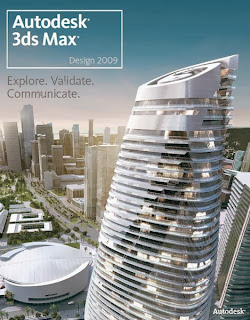
 A new Transfer Polygon Attributes feature allows you to transfer UV, color per vertex (CPV) and vertex position information between surface meshes of
A new Transfer Polygon Attributes feature allows you to transfer UV, color per vertex (CPV) and vertex position information between surface meshes of different versions of an object/character (e.g., one high resolution and one
low resolution). You could then transfer existing UV sets that have already
been laid out to the lower resolution model. The feature also lets you create
a “shrink-wrap” effect as they transfer vertex positions from one model to
another.
Streamlined New Polygon Tools and Workflows
New and improved tools such as polygon bridge, multiple edge loop insertion,
and enhanced UV layout, and new workflows, such as the ability to
interactively create, position, and scale primitives in a single operation,
maximize productivity for the most common tasks.
Geometry Caching
You can now cache deformations on polygon, NURBS (including curves) and
subdivision surface geometry, allowing for faster playback and rendering of
scenes. Caches can be edited and blended in the Trax Editor, letting you
blend the results of various vertex animations together in order to form a new
animation: for example, you could correct deformations by remodeling and
replacing particular frames and then smoothly blend in and out of the changes.

At a minimum, the 32-bit version of Maya 2009 software requires a system with the following hardware:
* Windows: Intel® Pentium® 4 or higher, AMD Athlon® 64, or AMD Opteron® processor
* Macintosh®: Intel®-based Macintosh® computers
* 2 GB RAM
* 2 GB free hard drive space
* Qualified hardware-accelerated OpenGL® graphics card
* Three-button mouse with mouse driver software
* DVD-ROM drive
* Windows: Intel® Pentium® 4 or higher, AMD Athlon® 64, or AMD Opteron® processor
* Macintosh®: Intel®-based Macintosh® computers
* 2 GB RAM
* 2 GB free hard drive space
* Qualified hardware-accelerated OpenGL® graphics card
* Three-button mouse with mouse driver software
* DVD-ROM drive
